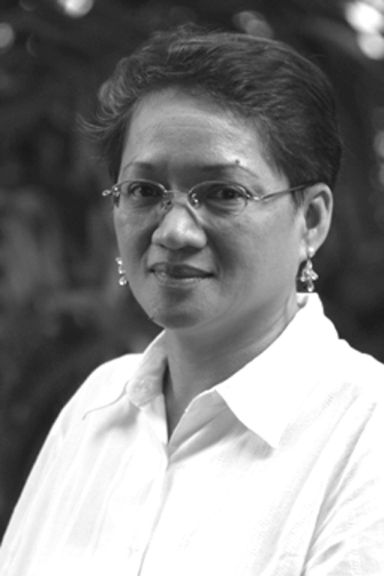
APALISOK
At the Philippine Councilors’ League (PCL) 10th National Congress held in Pasay City last week came the bombshell that recognized Cebu with the highest rate of drug abuse throughout the country, with about 60 to 70 percent, according to President Rodrigo Duterte.
The President described the drug problem as having reached epidemic proportions with 40 percent of barangays and as many as 6,000 policemen, “may tama sa shabu.” He didn’t say though where the information came from but suggested that he got it from an “insider.” “Sabi ng nasa loob (according to someone inside),” the President said during the PCL event.
Local government officials and police echelon in the region were stunned by the President’s revelation, but people listening to developments in efforts to curb the drug menace some 10 to 15 years back will say the information is nothing new and the scenario that the President is talking about is not at all farfetched.
Because it is a commercial hub with extensive coastlines and access to seaports and an international airport, Cebu has always been described as a major transshipment point of illegal drugs. This is an observation repeated many times over the years especially during police and Congressional probes, in particular, during legislative hearings conducted in Cebu in the late 90s to early 2000.
Back then, the House ad hoc committee on illegal drugs chaired by Cebu City Congressman Antonio Cuenco presented two whistleblowers who accused local businessmen Peter and Wellington Lim as being engaged in the illegal drug trade. The output of the legislative hearings provided the basis for Congress’ efforts to pass a comprehensive law versus illegal drugs, known as the Dangerous Drugs Act of 2008.
Congress records do not only give light to the claim that Cebu has the highest drug rate in the country, why the island has gained the notoriety of being a major transit point in the nefarious trade. I recall that one state witness described during the House hearings how his employer, after buying shabu in Hong Kong, stuffed the stash inside golf clubs and brought it to Cebu City via a commercial flight passing through immigration minus any hassle. The shipment of shabu precursors from Cebu under the cover of cargoes of stalactites and stalagmites to various points outside of the country was also mentioned during the public hearing.
In November last year, an anti-narcotics agent in Northern Mindanao was telling news reporters about three routes of shabu trading: one is from Cebu to Surigao via roll on roll off vessels passing through Butuan going to Cagayan de Oro City. Another is from Marawi City, Lanao del Sur passing by Iligan City going to CDO and the third is from Manila via courier service. The insights came in the wake of Visayan big-time drug lord Kerwin Espinosa’s testimony before the Senate, where he told legislators that one of his suppliers is a woman named Lovely Impal, said to be operating in Cagayan de Oro.
In effect, Digong’s disclosure about the penetration of illegal drugs in Cebu is nothing new. In fact, it is highly credible considering the number of drug lords operating in Cebu as previously named by the President himself.
Still, Cebu Governor Hilario “Junjun” Davide III is right to ask how come the President left out the state of illegal drugs activities in Metro Manila when everybody knows that the multibillion dollar business is concentrated in the capital.
The manufacture of shabu inside the National Bilibid Prisons by high-profile inmates before Duterte came into office and the number of drug dependents either arrested or killed every day in the continuing Tokhang operations prove that Manila is the nerve center of the multibillion dollar business controlled by local crime syndicates and international cohorts. Experts in police work always say that when there’s illegal drugs, expect spike in cases of gun running, human trafficking, prostitution, illegal gambling and other forms of underworld activities that eat away at the moral fabric of our society.
President Duterte is right to engage the Armed Forces of the Philippines in the current war against drugs. But he should tap the military in a more active role, not just as support player to the lead agencies PNP, PDEA and NBI because the problem has evolved into a national security threat.